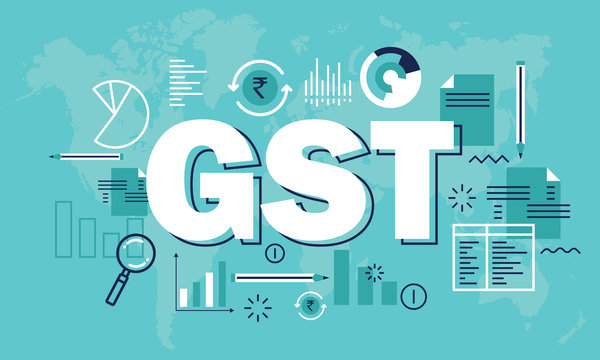Industry Overview
Rubber Molded Coir Matting is an innovative product that combines the durability of
rubber with the eco-friendliness of
coir. Rubber-molded coir mats are highly durable, water-resistant, and used in various industrial, commercial, and residential applications. The combination of rubber and coir enhances the mat’s resistance to wear and tear while maintaining its
sustainability. This product is particularly popular in places where
durability and
weather resistance are important.
Key Points:
- Rubber-molded coir mats are used as doormats, floor mats, and industrial mats.
- They offer superior durability and performance compared to regular coir mats.
- The growing demand for weather-resistant and eco-friendly mats makes this business highly profitable.
Scale and Profitability of Industry
The rubber-molded coir matting business is profitable due to the increasing demand for
durable,
multi-purpose mats. The business can be operated on both
small and
large scales, with potential for local, national, and
global exports. The combination of
rubber and
coir increases the marketability of these mats across a wide range of industries.
Subsidy Opportunities
- PMEGP: Provides financial support for setting up coir-based businesses.
- National Coir Board: Offers incentives for setting up rubberized coir product manufacturing units.
- Technology Upgradation Fund: Assistance for modernizing production processes and equipment.
Eligibility Criteria
- MSME registration.
- A focus on sustainable production practices and environmentally friendly materials.
- Investment in molding and coir processing equipment.
Project Cost and Subsidy
The
project cost for a rubber-molded coir matting unit can range from
₹8 Lakhs to ₹20 Lakhs, with subsidies covering
30%-40% of the cost.
To apply for the Food Processing Scheme, the following mandatory documents are required for new enterprises (Individuals/Firms) as outlined in the manual
1. PAN Card of concerned/all promoters.
2.Aadhaar Copy & Photo of all promoters/guarantors.
3. Address Proof: Any of the Officially Valid Documents (OVD) such as:
o Utility bill (not more than two months old) from any service provider (Electricity, telephone, post-paid mobile phone, piped gas, water bill).
o Property or Municipal tax paid receipt.
o Ration Card (Individual).
o Driving Licence
o Aadhaar Card.
o Voter ID Card.
4. Details of the site where the unit is to be established, including whether it is owned/rented/leased, along with proof (Lease/rent agreement should be for more than the loan repayment period).
5. Photocopy of Bank
6. Estimates and Quotation of all capital expenditure and machinery and equipment to be purchased. Statement/Bank Passbook for the last 6 months.
For existing enterprises with a turnover of less than 1 crore, similar documents are required, including PAN Card, Aadhaar, address proof, and site details.
If you need more specific information or additional documents, please let me know!







